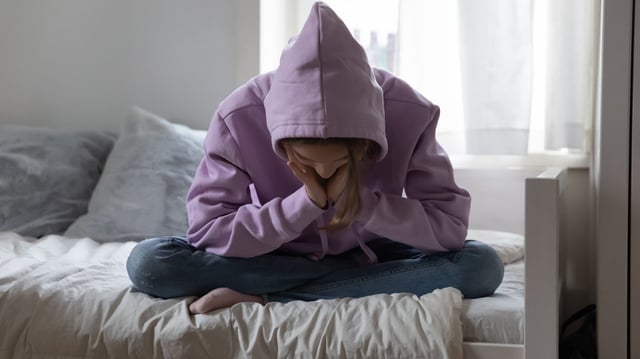Overview
- A PLOS One study led by David Blanchflower finds psychological problems now peak among young adults and decline with age in the U.S. and U.K., reversing the earlier midlife low point in wellbeing.
- U.S. data averaged for 2009–2018 show the classic midlife pattern, whereas 2019–2024 data display the new curve driven largely by worsening outcomes among younger people rather than big gains in midlife.
- Parallel results from the Global Minds dataset of nearly two million respondents across 42 additional countries suggest the shift is widespread.
- Germany’s Robert Koch-Institut reports that about 40% of 18–29-year-olds rate their wellbeing as low, compared with roughly 17% among those aged 65–79.
- A 22-country analysis in Nature Mental Health finds wellbeing is broadly steady until around age 50 and then rises, as experts point to social media, pandemic-era restrictions, and post-crisis labor markets as hypotheses while cautioning about methodological limits and cohort effects.



